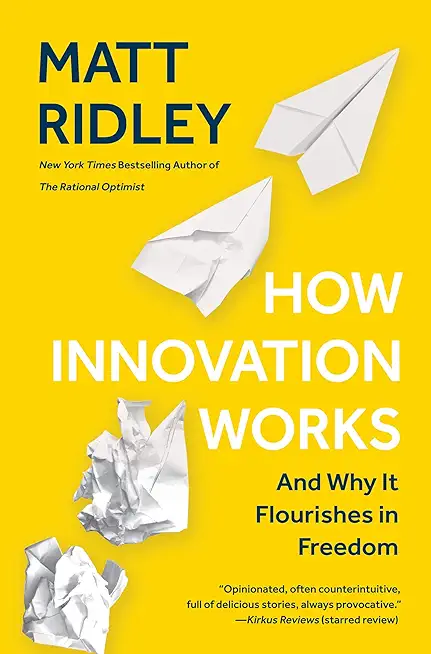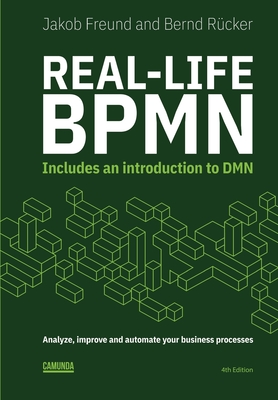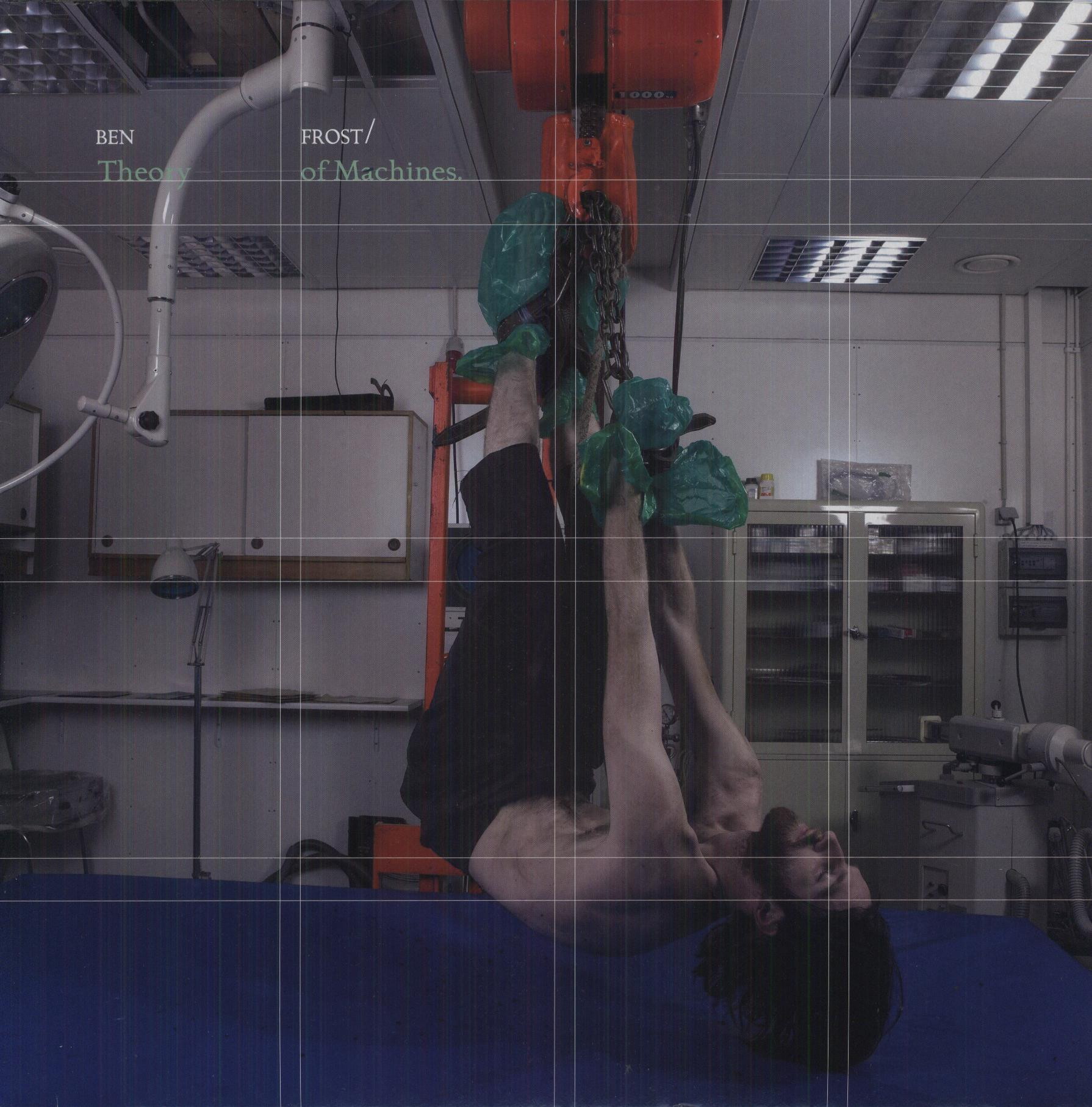
The urgency of reducing poverty in the developing world has been the subject of a public campaign by such unlikely policy experts as George Clooney, Alicia Keyes, Elton John, Angelina Jolie, and Bono. And yet accompanying the call for more foreign aid is an almost universal discontent with the effectiveness of the existing aid system. In Reinventing Foreign Aid, development expert William Easterly has gathered top scholars in the field to discuss how to improve foreign aid. These authors, Easterly points out, are not claiming that their ideas will (to invoke a current slogan) Make Poverty History. Rather, they take on specific problems and propose some hard-headed solutions. Easterly himself, in an expansive and impassioned introductory chapter, makes a case for the "searchers"--who explore solutions by trial and error and learn from feedback--over the "planners"--who throw an endless supply of resources at a big goal--as the most likely to reduce poverty. Other writers look at scientific evaluation of aid projects (including randomized trials) and describe projects found to be cost-effective, including vaccine delivery and HIV education; consider how to deal with the government of the recipient state (work through it or bypass a possibly dysfunctional government?); examine the roles of the International Monetary Fund (a de-facto aid provider) and the World Bank; and analyze some new and innovative proposals for distributing aid.
Contributors
Abhijit Banerjee, Nancy Birdsall, Craig Burnside, Esther Duflo, Domenico Fanizza, William Easterly, Ruimin He, Kurt Hoffman, Stephen Knack, Michael Kremer, Mari Kuraishi, Ruth Levine, Bertin Martens, John McMillan, Edward Miguel, Jonathan Morduch, Todd Moss, Gunilla Pettersson, Lant Pritchett, Steven Radelet, Aminur Rahman, Ritva Reinikka, Jakob Svensson, Nicolas van de Walle, James Vreeland, Dennis Whittle, Michael Woolcock







